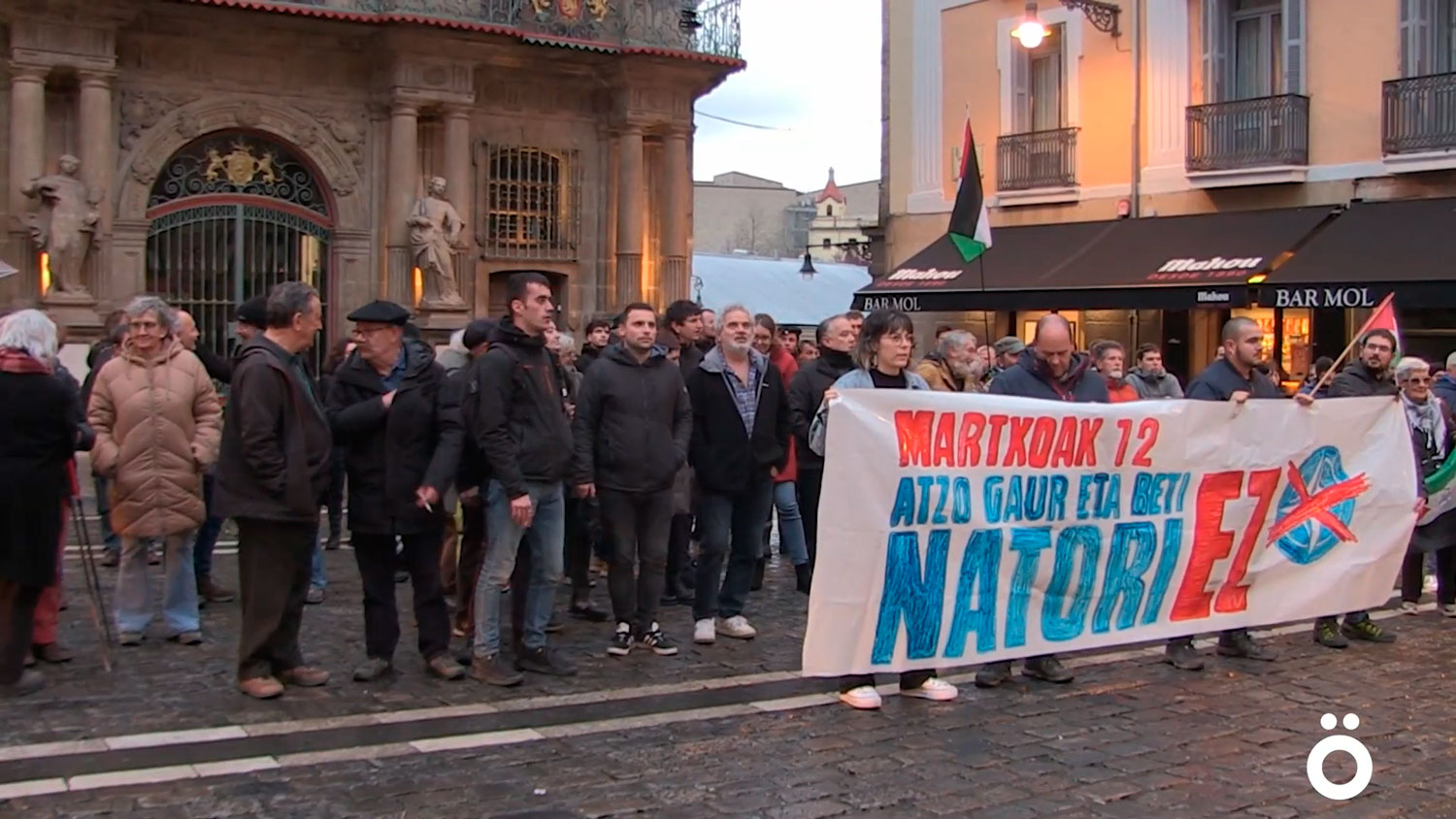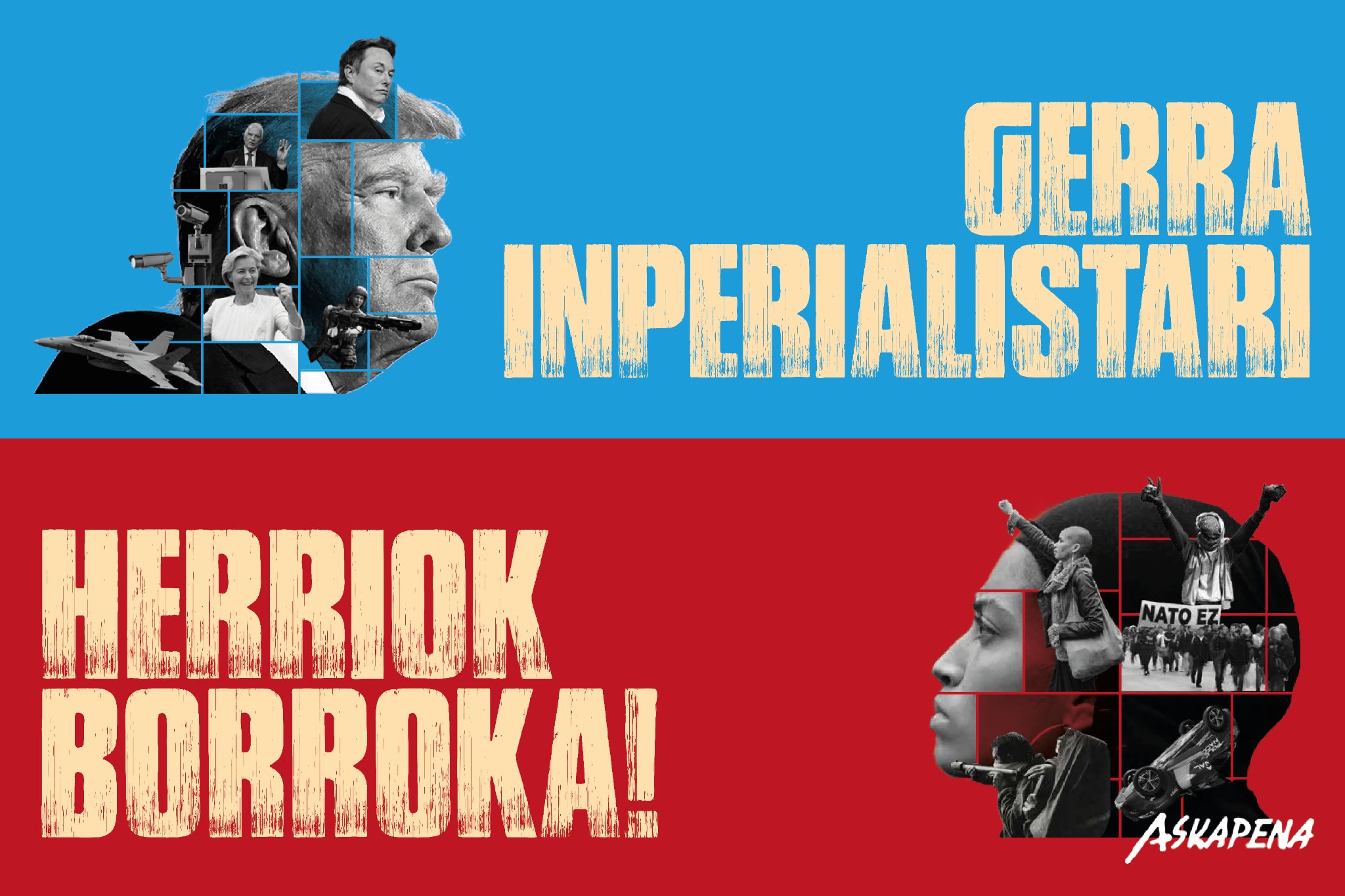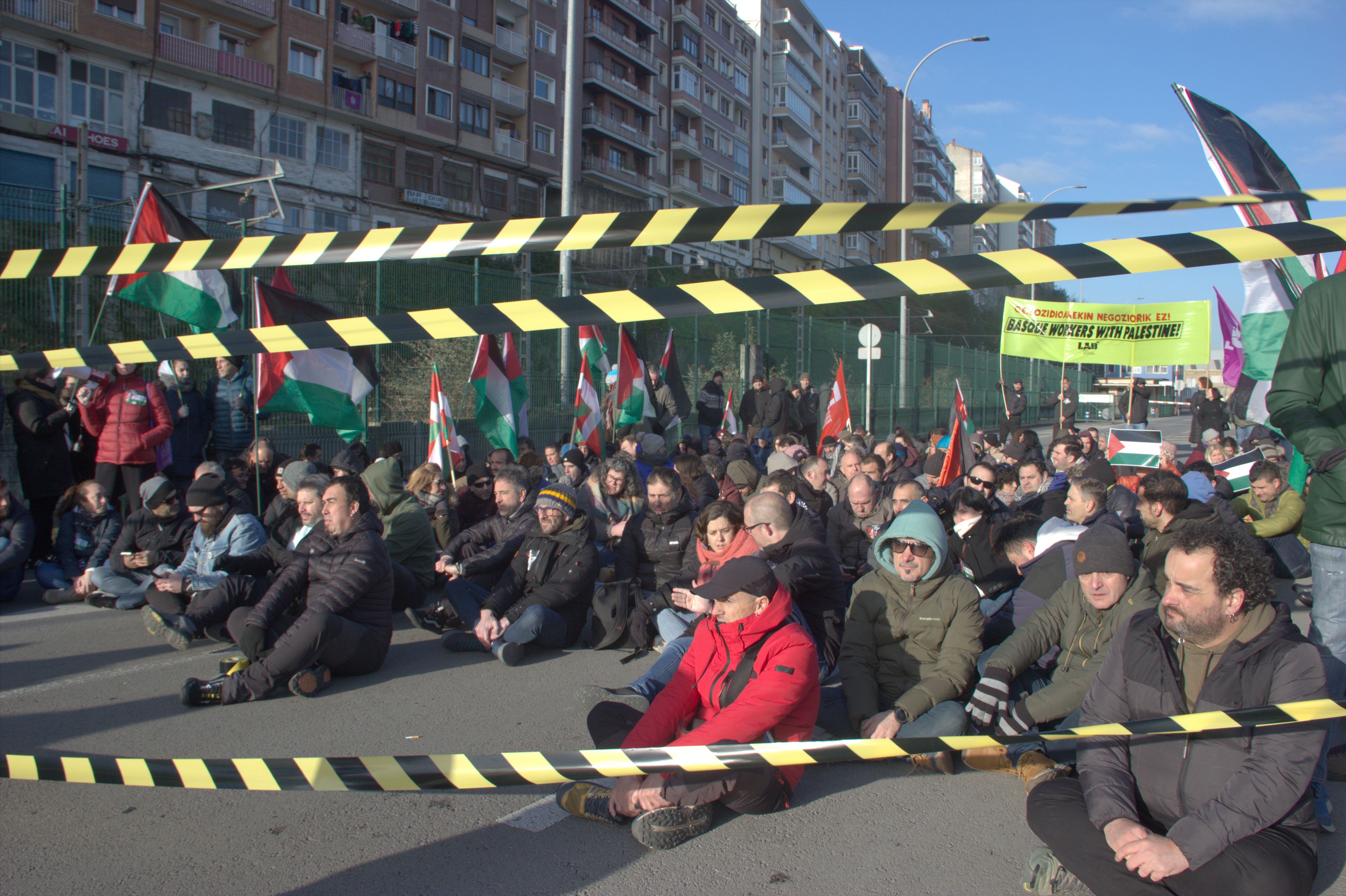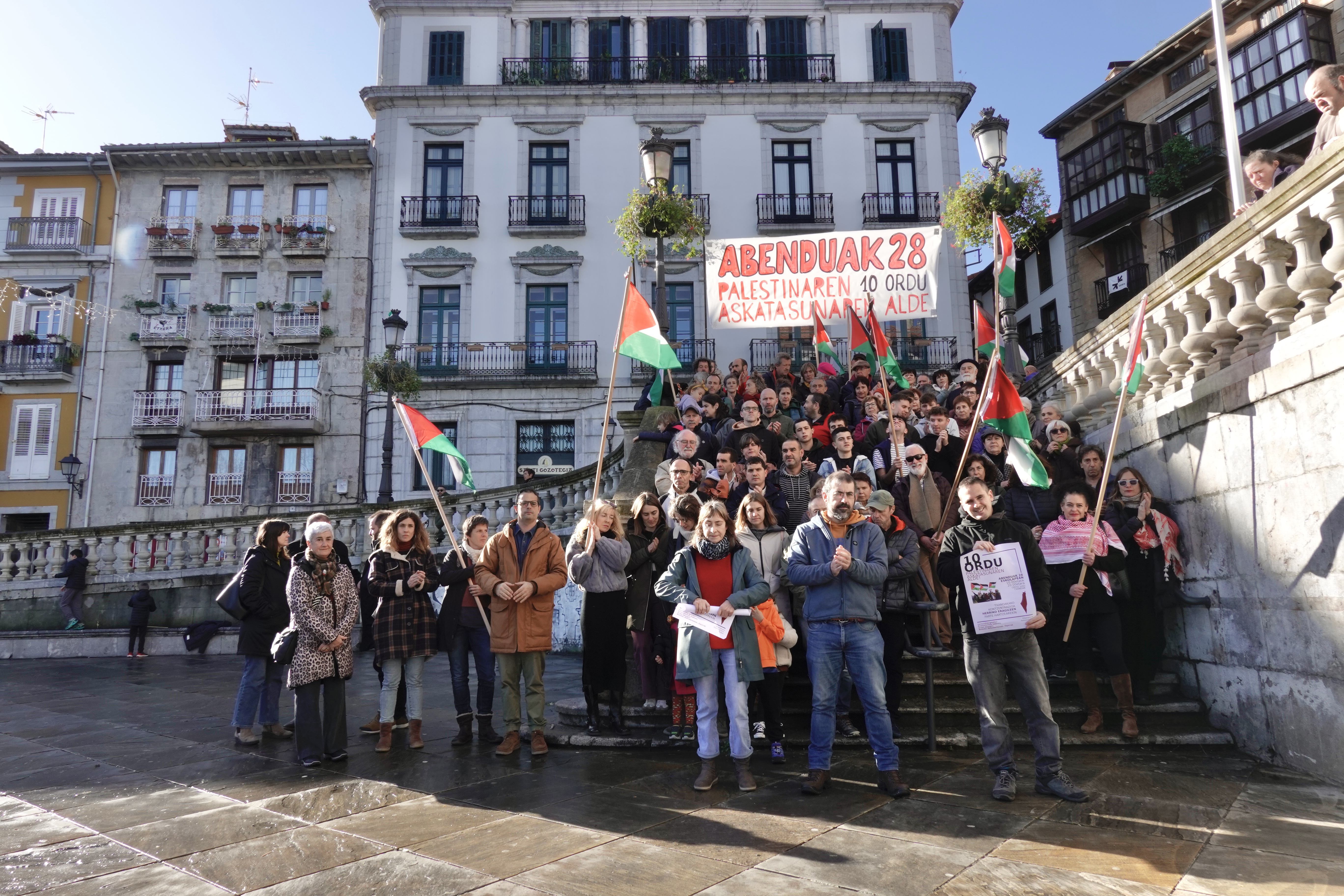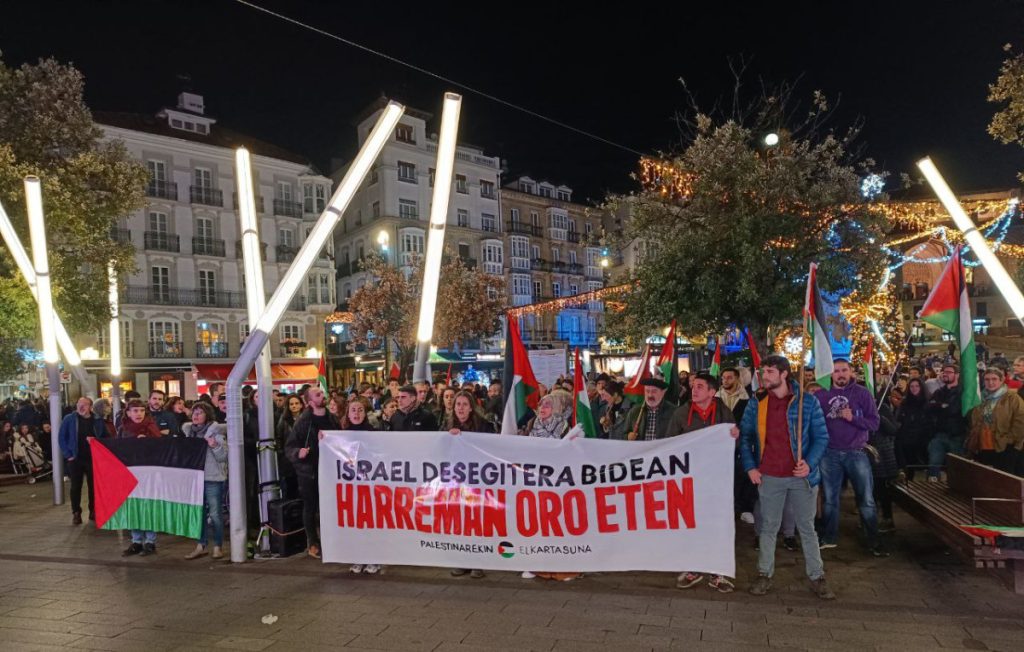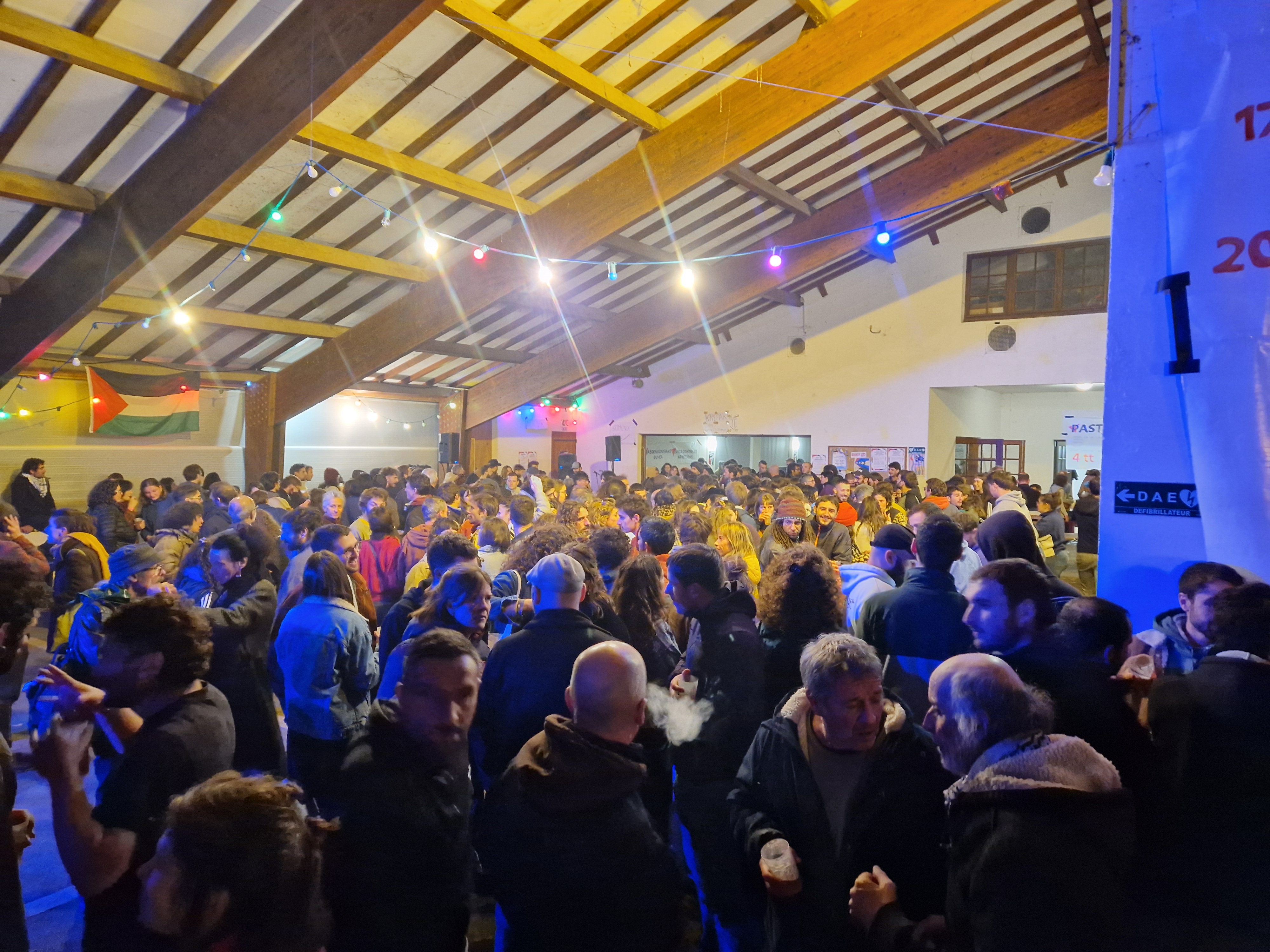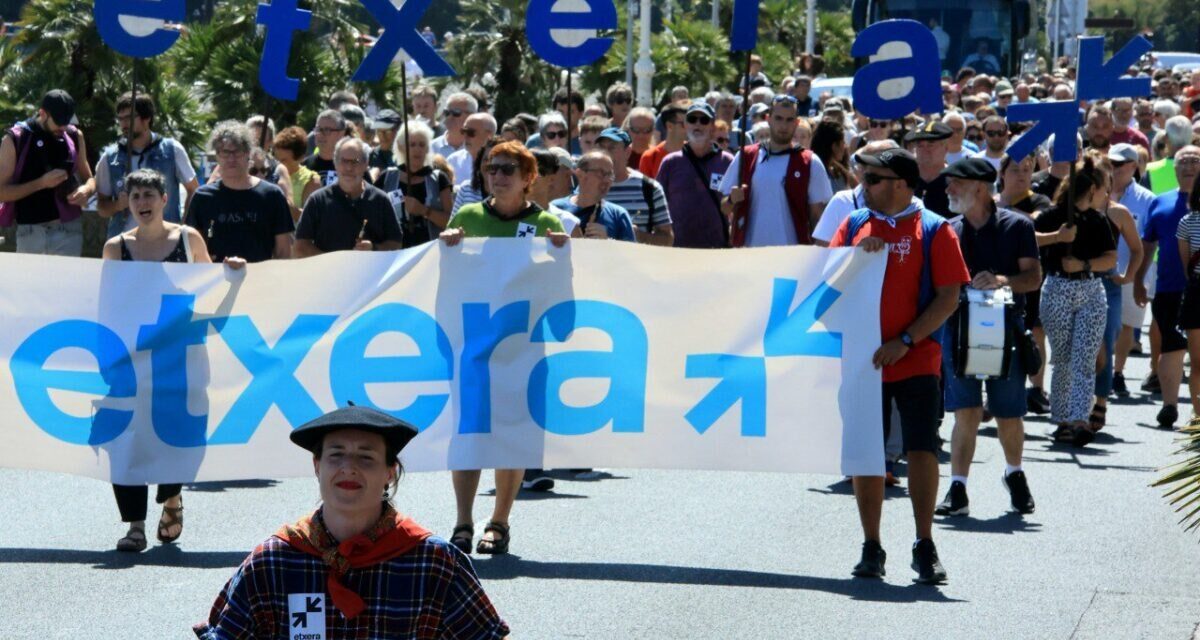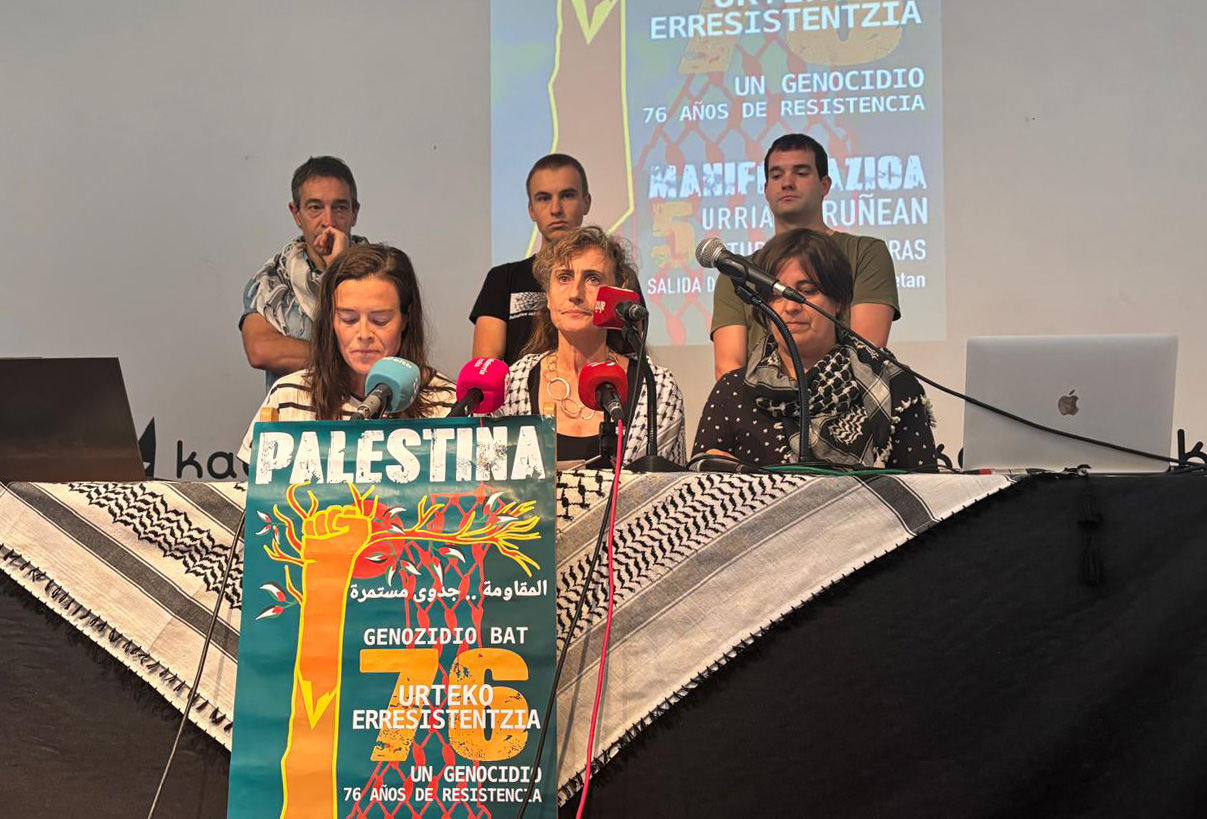This Mehdi Ben Barka was not so easy to suppress
- Despite having spent half a century, the assassination of revolutionary politician Mehdi Ben Barka in Rabat remains Secret d’Etat as in Paris. Havana was destroyed during the preparation of the tricontinental congress to be held in January 1966. Cuba was organizing a new internationalism through Vietnam, Algeria and Syria.

France and Morocco have not yet recognised how he was kidnapped and killed on 29 November 1965, but it has to be one of the oldest dossiers that has not been clarified. The then President of France, Charles De Gaulle, expressed his indignation when he heard publicly that two French policemen had kidnapped the one who at that time was one of the brightest stars in world politics.
De Gaulle promised clarity but did not, as later as Pompidou, Giscard d’Estaing, Mitterrand... and no one among Hollande has. What is the truth of the case?
Half a century later, Ben Barka, at the boulevard of Saint Germain in Paris, met to ask that the affair be illuminated once and for all at the door of the Lipp inn, which was abducted. Since then, the Islamic State has calmed the waters with brain massacres in France for a long time and it could be thought that the issue will return to the usual limbo. It is possible, however, that next January they will again mention Ben Barka, one of the major references in the golden age of the liberation movements.
Ben Barka was eliminated as he prepared the Havana Tricontinental Conference of the countries of Africa, Asia and Latin America. He also worked on the preparation of a documentary film called Basta para La Habana, in which Kevin Brown also participated. By then he had already imposed the death penalty Hassan II.ak of Morocco, as he faced his neo-colonialist intentions. At the Lipp restaurant, which was the bait of the film, he was arrested and driven by two French policemen. The 10 judges who have had the case in their hands, one after the other, have not been able to fully clarify what happened.
However, the important parts of the truth have been known over the years. There are not few published books and documentaries. The Minister of the Interior, Hassan II.aren, Mohamed Oufkir, was shown to be in Paris personally, accompanied by Colonel Ahmed Dlimi, who accompanied him. Oufkir, who was later killed in a coup attempt against Hassan II.aren, was sentenced to life imprisonment by the French judges, accused of being involved in the kidnapping. But in Oufkir Morocco.
Look at the measure of a plot plotted to kill that man. The French secret service SSAA knew the previous plans and had not prevented the kidnapping. Two far-right gunmen also participated in the operation, one of whom was dedicated to GAL activity, and both died later in Morocco. The prefect of Paris, Maurice Papon, was a man of the Vichy regime who was also familiar with the situation.
The French, along with Interior Minister Ben Barka Oufkir and Colonel Dlimi, who also many years later would have killed Hassan II.ak, handed over to a group of Moroccan agents who arrived in Paris in those days. There are indications that the Israeli and South African secret services also participated in the operation.
There were many who, in some way, wanted to drown the international operation that Ben Barka had before he was born.
Hassan II.aren long hand
Born in 1920 in the medina of Rabat, a brilliant student since he was a child, after graduating in mathematics and economics, he stood out very young in the leadership of the nationalist party Istiqlal. In 1951, the colonial authorities exiled him to the south of the Atlas Mountains. After regaining freedom in 1954, he returned to the struggle for independence, adding to anti-colonialism the reform of the rural environment in favour of small farmers.
In 1956 he refused to participate in the new government, left Istiqlal and soon had to escape from Morocco. In 1962, Hassan II.ak – Juan Carlos I.ak, “my brother” and the French presidents called “our friend” – called him back, forced him to flee… In 1964, in the trial held without him, he was sentenced to death, claiming that he was too supportive of him in the conflict between Morocco and Algeria.
But recently, attorney Omar Benjelloun told Le Monde Diplomatique (“Ben Barka, a mort à la vie longue”) that in addition to the Hassan Palace II.aren he also had enemies in more parts of the world. “Ben Barka wanted to overcome the nationalist barrier and extend the Moroccan struggle from a universal perspective. Crossing the planet as a tireless messenger of revolution, he walked from one continent to another, sneaking several attempts to kill him.”
This is how Ben Barka was seen giving warm speeches against neocolonialism, also established after the theoretical departure of the old empires of Cairo. Next time I would go to Moscow and from here to Beijing, in an attempt to calm the hostilities between Chinese and Soviet, and then go back to Damascus to make peace between the Egyptian naserists and the Syrian Baatists.
Early 1960s. The progressive movements which, as in Maghreb, operated in the Middle East had no resemblance to the regimes that had been created after their development. Moreover, Ben Barka assumed the expansion of the Solidarity Organization of the Peoples of Africa and Asia (OSPAA) to the new movements in Latin America.
Following long talks by Ernesto Che Guevara in Algiers, he proposed to Ben Barka as head of this new step: In January 1966, Havana was solemnly constituted as the leader of the Tricontinental Congress.
Ben Barka did not arrive in Havana but the Tricontinental was held without him to later establish OSPAAAL, with representatives from Guinea, Congo, South Africa, Angola, Vietnam, Syria, North Korea, Palestine, Cuba, Puerto Rico, Chile and the Dominican Republic.
It was not Ben Barka the only beheaded leader in the operation of the Tricontinental, which is taking place in Minsk. Like him, the head of the Malcolm X Black Panthers, from the United States. The other known chiefs fell into the disbandage; Amilcar Cabral of Guinea, in 1973, organized infrastructure networks for the liberation movements, the Egyptian Afrancessed Henri Curiel in 1978...
Omar Benjelloun says that today in Morocco everyone wants to take over the succession of Medhi Ben Barka, the monarchy dedicating the streets to his name, while the Islamists proclaim their enthusiasm for the system. But, even if it sounds like a lie, in fact, the information about his death remains secret.
Hainbat eragilek deituta, NATOren aurkako elkarretaratzea egin da Iruñeko Udaletxearen aurrean. Izan ere, gaur, martxoak 12, 39 urte bete dira Hego Euskal Herriak, Espainiar Estatua NATOn sartzeko erreferendumari ezezkoa eman ziola. Askapenako kide batek adierazi du, gaurko... [+]
Karmela espazio autogestionastuan egingo ditu, eta Euskal Herriko zein nazioarteko gonbidatuak egongo dira bertan. "Koiuntura analisi orokorretik abiatu eta Euskal Herriko borroka internazionalistaren gakoetarainoko bidea" egingo dutela adierazi du Askapenak... [+]
A ghost crosses the kitchens: The ghosts of Carlos.
Karlos has not been presented to the Master Chef Celebrity. After analyzing its culinary heritage, it is very clear that it will not overcome the selection of its opponents. In fact, the Academy of Gastronomy and the media... [+]
I have recently had the opportunity to see the latest work by Pierre Carles, a committed documentary author. Under the name of Guérilla des FARC, l'avenir a une histoire (FARC guerrilla, the future has history), proposes a renewed account of the armed conflict that has lasted... [+]
Palestinarekin Elkartasunak "sionistekin harreman oro etetera" deitu du. Kanpaina bat jarri dute abian Euskal Herriak Israelgo estatu terroristaren bizirautea bermatzen duten harreman militar, diplomatiko eta kulturalak seinalatu eta hauen etetea exijitzeko. Pasa den... [+]
Palestina, mediatikoki aurkeztua ez den bezala, aipatu zen joan den larunbatean Makean, mintzaldi, tailer, merkatu eta kontzertuen bidez.
The current situation requires a thorough analysis of what is behind titles, demonstrations, the manipulated dissemination of some facts, the dark concealment of others and the disguised propaganda of analysis in most mainstream media. The situation requires that superficial... [+]











